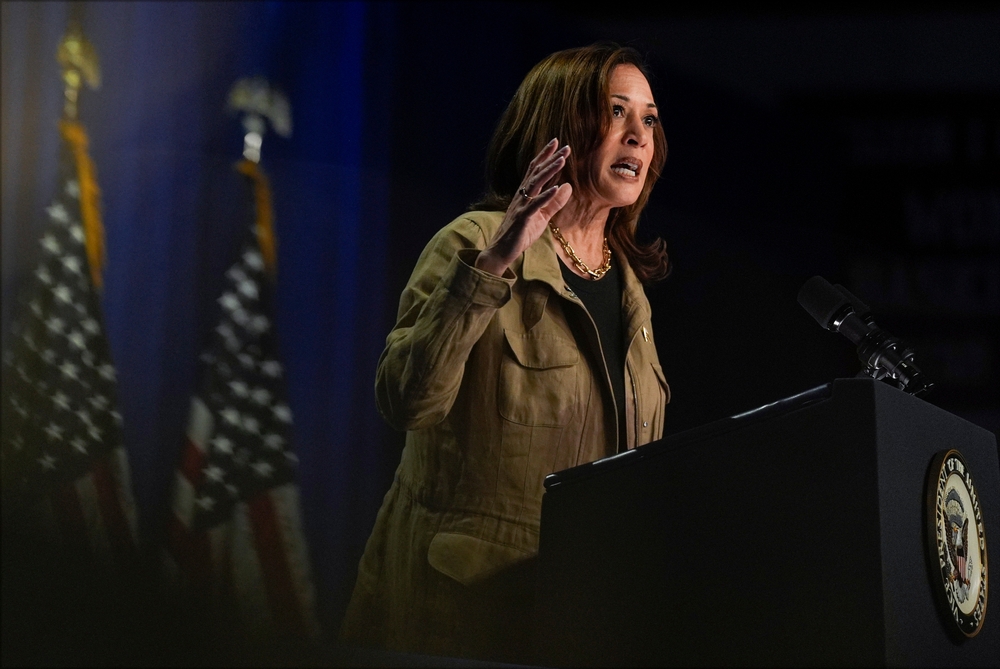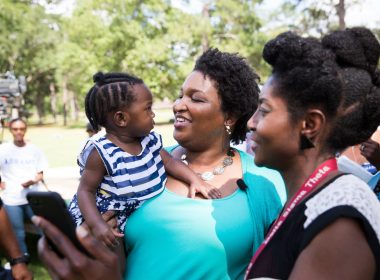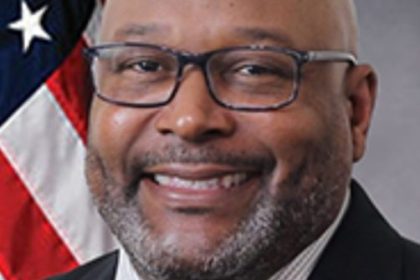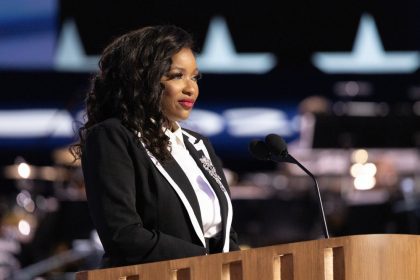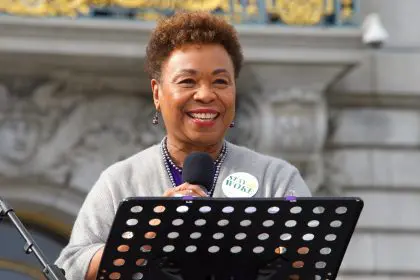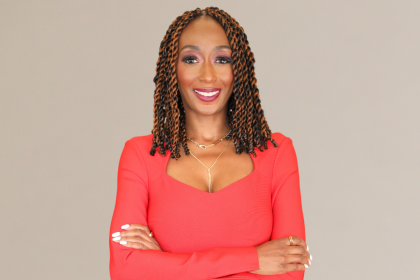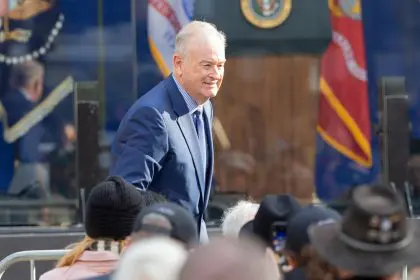Black women in American politics continue to face an uphill battle against persistent stereotypes, even as they ascend to prominent positions like the vice presidency. Despite significant progress, age-old prejudices still influence public perception and political rhetoric, challenging the legitimacy of Black female leaders. As Vice President Kamala Harris navigates her historic role, her experience highlights the ongoing struggle against deeply rooted biases that have shaped the political landscape for generations.
The “Jezebel spirit”: An old trope in new clothing
Recent political discussions have revived a troubling narrative surrounding Vice President Kamala Harris, with some Christian nationalist leaders claiming she is influenced by a “Jezebel spirit.” This term — steeped in historical and cultural implications — resonates within both religious and racial contexts, serving as a modern incarnation of age-old stereotypes about Black women.
The Jezebel archetype, rooted in the biblical figure of Queen Jezebel, has long been weaponized against women, particularly Black women, portraying them as overly sexualized and untrustworthy. This narrative has been used throughout U.S. history — especially during slavery — to justify the systemic abuse of Black women. Today, it manifests in political rhetoric as a tool to undermine the credibility of Black women in leadership positions.
From “Jezebel” to “Angry Black Woman”: The evolution of harmful stereotypes
The use of the Jezebel stereotype is just one facet of a larger pattern of harmful characterizations that have plagued Black women throughout history. These stereotypes have evolved and adapted over time, but their core purpose remains the same: to delegitimize and marginalize Black women’s voices and experiences.
- The Mammy: Portraying Black women as nurturing and subservient
- The Sapphire: Depicting Black women as angry and emasculating
- The Welfare Queen: Characterizing Black women as lazy and exploitative
- The Superwoman: Expecting Black women to be invulnerable and self-sacrificing
- The Jezebel: Hypersexualizing and demonizing Black women’s bodies and behavior
These stereotypes have not only affected Black women in everyday life but have also had a significant impact on how they are perceived and treated in the political arena.
Echoes of the past: From Obama to Harris
The stereotyping of Black politicians is not a new phenomenon. Former President Barack Obama faced his own set of stereotypes and racist rhetoric during his campaigns and presidency. Comparisons between the experiences of Obama and Harris reveal a pattern of how racism and sexism intersect in American politics.
Obama was often portrayed as “other” or “un-American,” with conspiracy theories questioning his birthplace and religious beliefs. Similarly, Harris faces attacks on her identity, with her multicultural background being used to question her “Blackness” or “American-ness.”
While Obama was sometimes characterized as an “Angry Black Man” or a “radical,” Harris faces a different but similar intersection of racial and gender stereotypes. The “Jezebel spirit” accusation combines racist and sexist tropes about women, attempting to paint her as both morally corrupt and sexually threatening.
The impact on political discourse and leadership
The persistence of these stereotypes has far-reaching consequences for Black women in politics. It creates an environment where their qualifications and abilities are constantly questioned, and their actions are scrutinized through a lens of misogynoir, or anti-Black female bigotry.
For voters — especially those from older generations who have witnessed the evolution of these stereotypes firsthand — recognizing and challenging these narratives is crucial. The use of terms like “Jezebel spirit” in political rhetoric serves as a stark reminder of the intersection of race, gender and religion in American politics.
Breaking the cycle: Toward a more inclusive political landscape
As we approach future elections, voters need to be aware of how historical stereotypes continue to shape current political discourse. By recognizing and rejecting these harmful narratives, we can work toward creating a more equitable and just political landscape.
For Black women aspiring to political office, the challenges remain significant. However, the increasing visibility of Black women in high-profile political positions — along with constant conversations and activism about and led by Black women — is gradually changing perceptions and challenging long-held stereotypes.
The role of media and public discourse
The media plays a crucial role in either perpetuating or dismantling these stereotypes. Responsible journalism involves examining the historical context of certain terms and phrases and understanding their impact on public perception.
Similarly, public figures and political commentators have a responsibility to engage in discourse that doesn’t rely on or reinforce harmful stereotypes. This includes being mindful of the language used to describe political opponents and understanding the historical weight certain terms carry.
Moving forward: Empowerment through awareness
For many Black Americans who have lived through decades of political and social change, the current political climate may seem both familiar and frustratingly stagnant. However, there is power in recognizing these patterns and actively working to dismantle them.
By understanding the historical context of stereotypes like the “Jezebel spirit” and their modern applications, voters can make more informed decisions and engage in more constructive political discourse. This awareness is particularly important for those who have witnessed firsthand the evolution of racial and gender dynamics in American politics.
As we look toward future elections and the ongoing struggle for equality, it’s crucial to advocate for narratives that uplift rather than diminish the voices of women, particularly Black women and other women of color, in leadership positions. This involves not only challenging overt stereotypes but also recognizing and addressing the subtle ways in which these biases manifest in political discourse and media coverage.
The journey toward a truly inclusive political landscape is ongoing, but with each generation becoming more aware and actively challenging these harmful narratives, progress is possible. By rejecting stereotypes and focusing on candidates’ qualifications, policies and leadership abilities, we can work towards a political system that truly represents the diversity and potential of all Americans.

